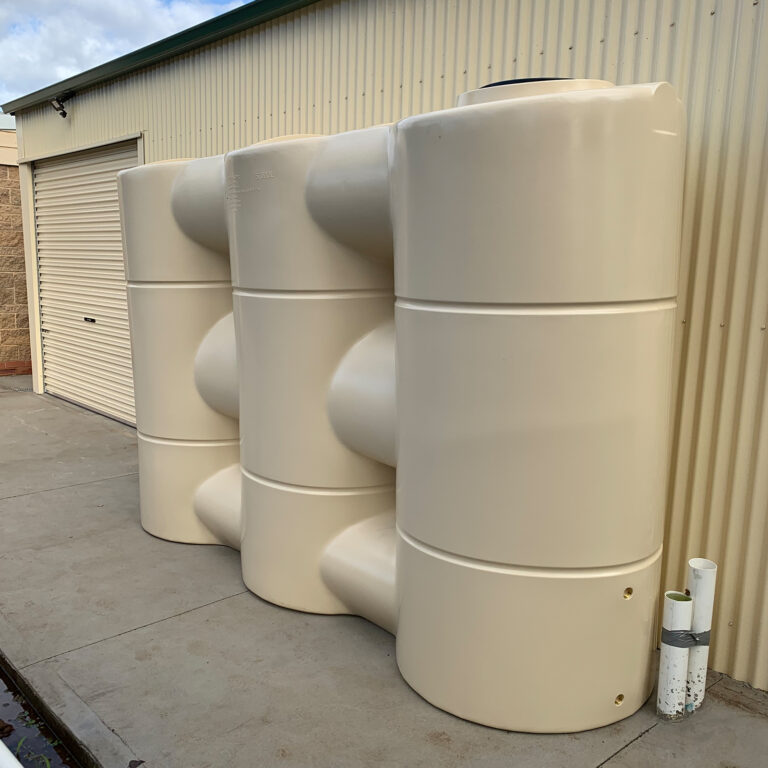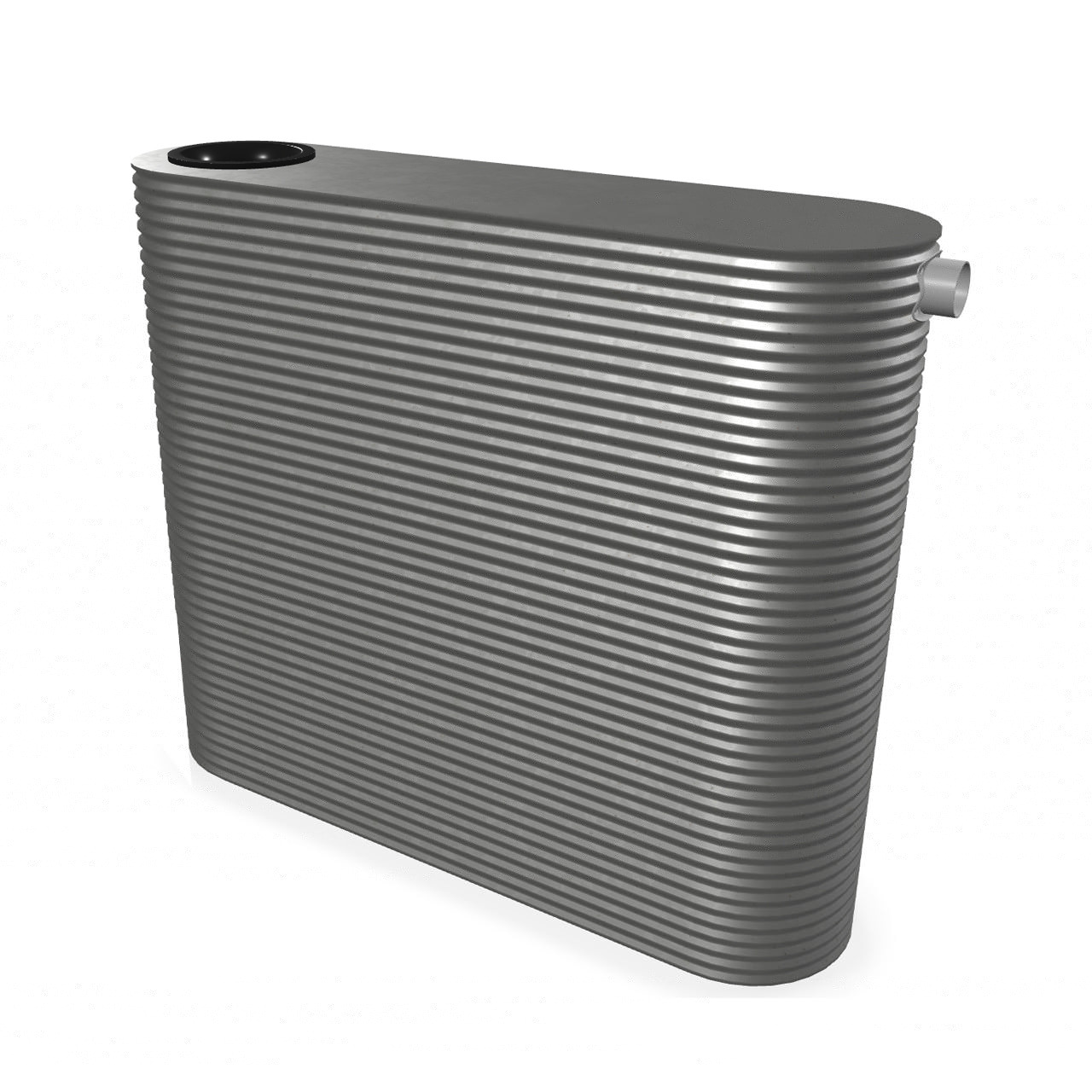Trustworthy Slimline Water Tanks: Maximize Your Water Storage Space Capability
Trustworthy Slimline Water Tanks: Maximize Your Water Storage Space Capability
Blog Article
Checking Out the Numerous Uses of Rain Tanks for Residential and Commercial Features
As the worldwide emphasis on sustainable living practices continues to escalate, the use of rain storage tanks in both residential and industrial setups has become a relevant remedy. These storage tanks supply a reservoir for rainwater harvesting, offering a myriad of potential applications that extend much past simple storage space. From watering to toilet flushing and landscaping, the adaptability of rain tanks is large. Their assimilation into commercial homes opens up a world of opportunities for ecologically aware businesses. The diverse uses of rainwater storage tanks provide an engaging situation for their fostering, not just as a functional water-saving measure but also as a testament to responsible source monitoring.
Advantages of Utilizing Rainwater Tanks
Making use of rainwater storage tanks offers numerous benefits for both families and neighborhoods in terms of water preservation and sustainability. One of the essential benefits of making use of rainwater tanks is the substantial decrease in reliance on keys water - Slimline water tanks. By catching and storing rain for later use, people and neighborhoods can decrease their need for cured water, eventually relieving the worry on water treatment centers and reducing power usage related to water transportation and therapy
Moreover, rain gathering via tanks provides a dependable different water source during times of water constraints or lacks. This saved rainwater can be used for various non-potable objectives such as irrigation, purging commodes, and washing garments, decreasing the stress on traditional water resources. In addition, using rain containers can result in set you back financial savings for both homes and neighborhoods by lowering water bills and lowering the need for expensive facilities developments to meet expanding water needs.
Fundamentally, the usage of rain containers offers a sustainable and eco-friendly approach to water management, benefiting both specific users and the broader neighborhood in regards to water preservation, cost-efficiency, and strength.
Rain Container Use in Irrigation
Provided the benefits of rainwater storage tanks in preserving water sources and reducing reliance on mains water system, a substantial application lies in making use of stored rainwater for irrigation purposes - Slimline water tanks. Rainwater harvesting systems can effectively collect and keep rainwater, offering a sustainable water source for watering gardens, lawns, and farming areas. By utilizing rain for watering, homeowner can decrease their dependence on treated water resources, leading to cost financial savings and environmental advantages

Among the primary benefits of making use of rainwater Check This Out for watering is its pureness. Rainwater is naturally soft and without the chemicals and ingredients frequently located in mains water, making it suitable for nourishing plants without the danger you could look here of harmful results. Additionally, rainwater goes to ambient temperature level, which can benefit plant development by staying clear of temperature shocks that can accompany cold mains water.
Rain Tanks for Bathroom Flushing

Applying rain tanks for commode flushing is a cost-effective and eco pleasant method that can be easily incorporated into both household and industrial homes. The stored rainwater can be used to flush bathrooms by connecting the container to the existing plumbing system. This straightforward yet efficient solution can dramatically reduce water consumption in a structure, particularly in areas where water deficiency is an issue.

Including Rainwater Tanks in Landscaping
These tanks can record and keep rainwater drainage from roofing systems, which can then be used for sprinkling gardens, grass, and plants. By making use of rainwater for watering functions, home proprietors can decrease their dependence on metropolitan water resources, leading to Click Here cost financial savings and conservation of priceless water resources.
In enhancement to offering a lasting water source for landscape design requirements, rainwater storage tanks can additionally help in taking care of stormwater runoff. By catching rain that would or else flow into tornado drains, these storage tanks can minimize erosion, minimize flooding risks, and avoid air pollution of natural water bodies. Moreover, including rainwater storage tanks in landscape design can add to the general visual appeal of the building, showcasing a commitment to environmental stewardship.
Commercial Applications of Rainwater Containers
Utilizing rainwater storage tanks in commercial setups supplies a lasting option for water management and preservation, benefiting services and the environment alike. One crucial industrial usage is for irrigation objectives, where collected rainwater can be made use of to water landscaping, gardens, and agricultural areas surrounding business homes.
Additionally, rainwater accumulated in tanks can be dealt with and made use of for non-potable functions within business residential or commercial properties, such as flushing toilets, cleansing, and cooling down systems. On the whole, the incorporation of rainwater tanks in industrial settings presents a useful and ecologically accountable method to water monitoring.
Conclusion
Finally, rainwater storage tanks provide numerous advantages for both household and commercial properties. From irrigation to commode flushing and landscaping, making use of rainwater containers can aid preserve water sources and decrease water costs. Additionally, integrating rainwater containers in industrial setups can lead to considerable expense financial savings and environmental benefits. Overall, the convenience and sustainability of rain containers make them a beneficial investment for any type of home owner looking to raise water efficiency.
Report this page